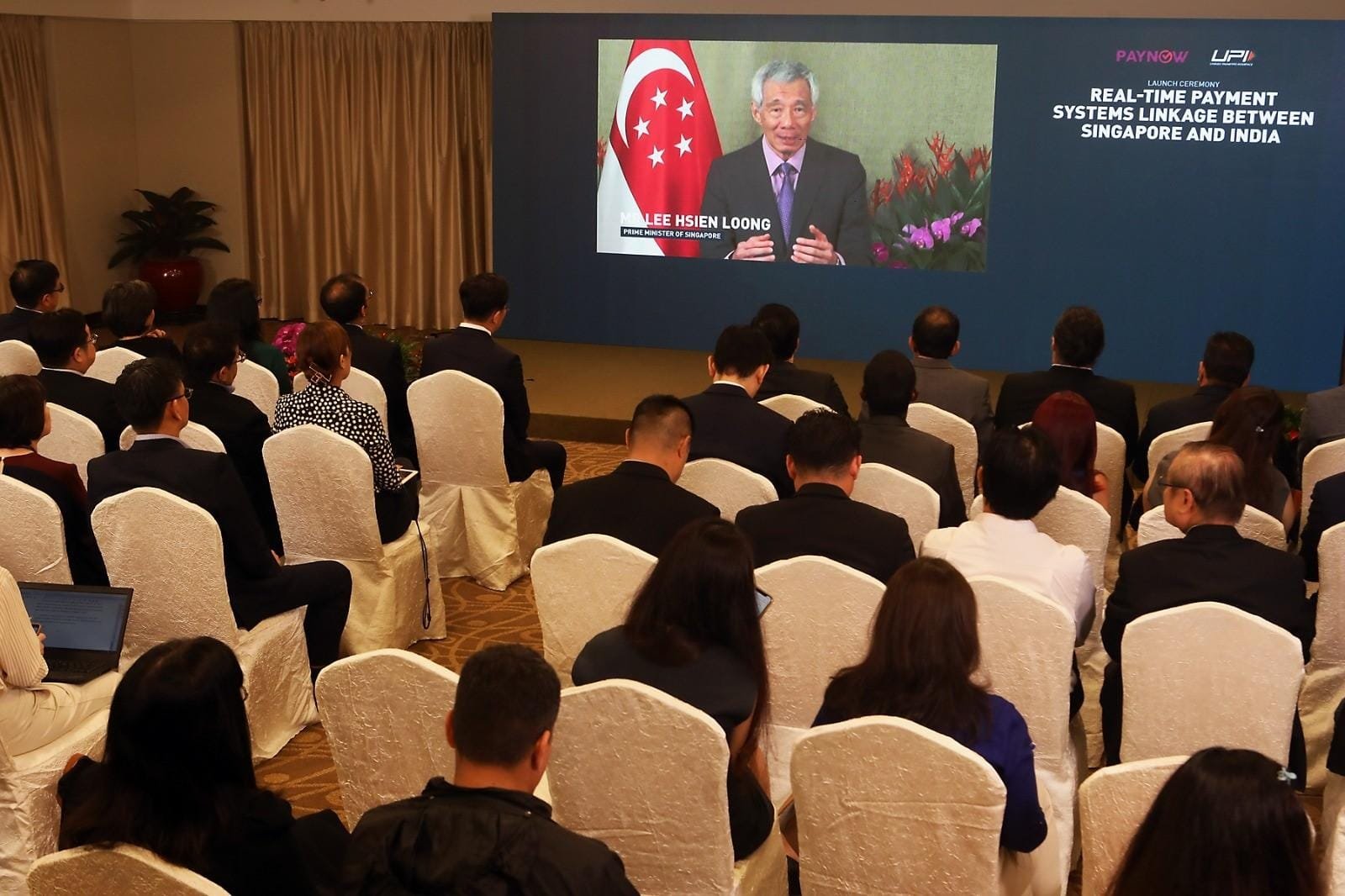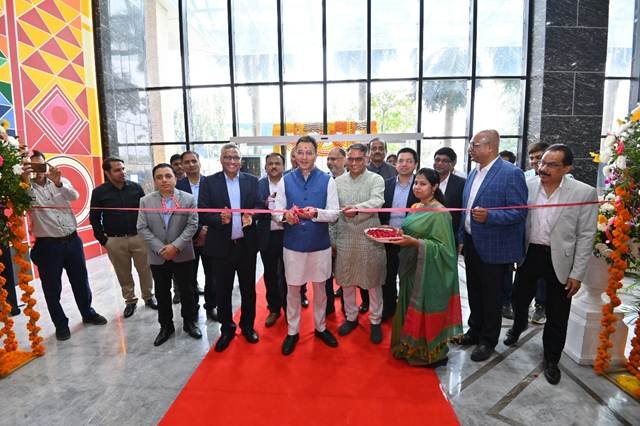Small and medium enterprises stand to gain, says SICCI
Banks have started real-time retail payment systems through the PayNow-UPI linkage between Singapore and India, which was virtually launched by Prime Ministers Narendra Modi and Lee Hsien Loong on 21 Feb 2023.
Congratulating stakeholders involved in the real-time system led by Monetary Authority of Singapore and Reserve Bank of India, Lee pointed out that it is the world’s first such linkage to feature cloud-based infrastructure, and participation by non-bank financial institutions.
“As we progressively add more users and use cases, the PayNow-UPI linkage will grow in utility, and contribute more to facilitating our trade and our people-to-people links,” Lee underlined.
Prime Minister Modi, who joined Lee virtually from New Delhi, added, “This facility will provide a low cost and real-time option for cross-border remittances between our two countries.
“The people who will especially benefit from this are migrant workers, professionals, students and their families.”
“The launch is timely as both countries have resumed normalcy, and Singapore continues to see a steady and high influx of Indian entrepreneurs coming to Singapore for business delegation meetings with their counterparts and our Chamber,” said the Singapore Indian Chamber of Commerce and Industry (SICCI) Chairman Neil Parekh.
“Small and medium enterprises stand to gain with this launch of real-time payment, and SICCI strongly urges SMEs who have business dealings with India to use the scheme for ease of payment,” said Parekh who had discussed the real-time payment scheme with RBI Governor Das.
Elaborating on the potential of growing the linkages, MAS officials said some 400,000 Indian migrant workers will benefit from the real-time fund transactions for sending home their earnings.
The system is designed to cater to lower-income and will grow in its usage such as banks facilitating loans for customers of the PayNow-UPI.
Singapore-based Indians remitted US$10 billion in 2022, which makes the base for banks involved in the real-time to tap a market with a strong growth potential given the vibrant Indian economy and prosperity of Singapore which is already an Asian Financial hub, industry observers said.
Singapore aims to be a hub for the real-time cross border seamless transactions, aiming to build a global network of 60 countries that are digitally ready with open system, according to the observers.
Within that network India is expected to grow its UPI online payment system as it receives increasing remittances from NRIs working in global economies, which in 2022 was US$100 billion.
Describing the PayNow-UPI linkage a technological leap, one banking source said the growth in cloud-based capability to handle small account transactions would break the age-old ‘black-market’ syndicates that operate globally once the cross-border network expands across major economies.
More and more incentives would be added including loans linked to such regular payments with low transaction fees and interest rates, according to the source, highlighting the adoption of advanced technologies among banks and financial institutions.
Banks are already waving transaction fees for such cross-border transactions as the cultivate customer base among lower income workers, and low-spenders such as students as well as fast-paced time-thrift professionals.
Authorities led by RBI is already in talks with friendly South Asian countries for set up cross-border payment system linked to UPI.
Singapore has extended its PayNow linkage to Thailand and is in the process of establishing the arrangement with Malaysia with huge prospects of reaching other global markets, said the observers.
Indian participants in the real-time linkage are Axis Bank, DBS Bank, ICICI Bank, Indian Bank, Indian Overseas Bank and State Bank of India. These banks are joined by Singapore’s DBS and Liquid Group, which provides mobile payment services. fiinews.com









